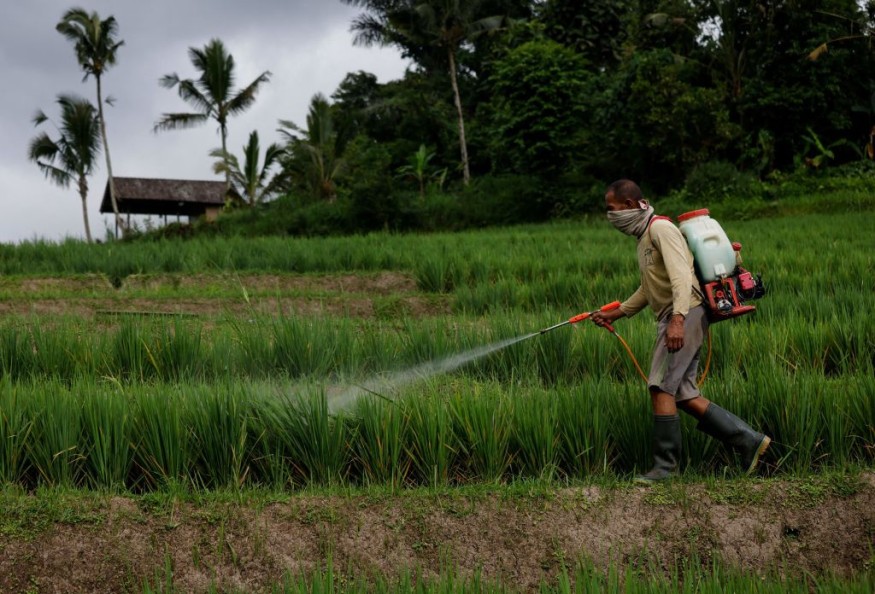Vegetables and other crops are naturally sprayed with pesticides to protect them from being damaged by insects and other pests, which can also affect human health. Recent studies state that harmful pesticides do not only kill pests in agriculture but also cause a reduced sperm count worldwide.
Harmful Chemicals Causes Decline in Sperm Count

A new analysis of studies conducted over the past five decades indicates that pesticides sprayed on foods we consume and utilize in our homes, gardens, and lawns significantly contribute to the dramatic decline in sperm count among men worldwide.
On Wednesday, Nov. 15, a meta-analysis of 25 studies from around the world on the two chemicals commonly used in pesticides was incorporated in the study, published in Environmental Health Perspectives. With a total of 1,774 male participants from 21 different research populations, these studies investigated 42 distinct levels of effect.
As mentioned, organophosphates are principal constituents of nerve gas, herbicides, pesticides, and insecticides, in addition to being utilized in producing solvents and plastics. They are among the most widely utilized compounds on an international basis. By causing damage to the brains and nervous systems of insects, N-methyl carbamates can kill them.
These carbamates are physically and operationally comparable to organophosphates. As per the Centers for Disease Control and Prevention in the United States, Weevils, beetles, borers, nematodes, and other similar pests are the targets of insecticides sprayed on a wide range of field, fruit, and vegetable crops.
Moreover, the results of an analysis suggest that sperm counts may be decreasing worldwide, adding to the ongoing debate on fertility in men. The study also found that males with the highest levels of contact with organophosphates and N-methyl carbamates had substantially lower sperm concentrations than those with the lowest levels of pesticide exposure, such as agricultural workers.
On the other hand, the number of sperm could reportedly be affected by more than just pesticides. There is also an investigation being conducted by researchers on the effect that pollution, obesity, poor diet, and chronic diseases play. Furthermore, if you want to decrease your pesticide exposure, experts recommend selecting organic foods and properly rinsing vegetables before and after being peeled.
Read Also : Lead Poisoning: Over 20 Toddlers Hospitalized After Consuming Lead-Tainted Applesauce Pouches
Other Health Hazards Linked to Dangerous Pesticides
The most common ways in which people are exposed to pesticides are by dermal absorption or through ingestion, specifically when pesticides are ingested through food, either on or within fruits and vegetables, in the tissues of fish and other animals that we consume, through polluted drinking water, or through the air that we breathe. Exposure to pesticides in the workplace has been linked to several respiratory diseases, including asthma, chronic obstructive pulmonary disease (COPD), and lung cancer, among others.
Accordingly, one intriguing study found that winegrowers had a greater chance of adenocarcinoma, pea growers of small-cell lung cancer, sunflower growers, fruit tree pruners, and beet pesticide users of squamous cell carcinoma.
However, plants such as corn, canola, soybeans, and most fruits and vegetables are among the crops that can be treated with neonicotinoid insecticides, which belong to a relatively new class of chemicals approved in 120 countries.
Related Articles : Pesticides in Food: 17 Food Manufacturers Earn F Grade After High Amount of Pesticides Detected in Products
To keep up with the latest news on trending recipes, food safety, and more, follow Food World News!









